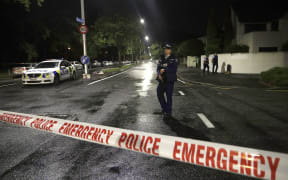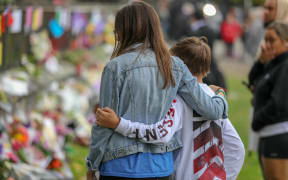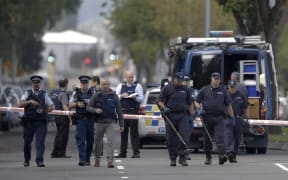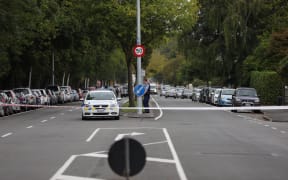Not a single right-wing extremist or white supremacist is listed on the United Nations' register of terrorists.
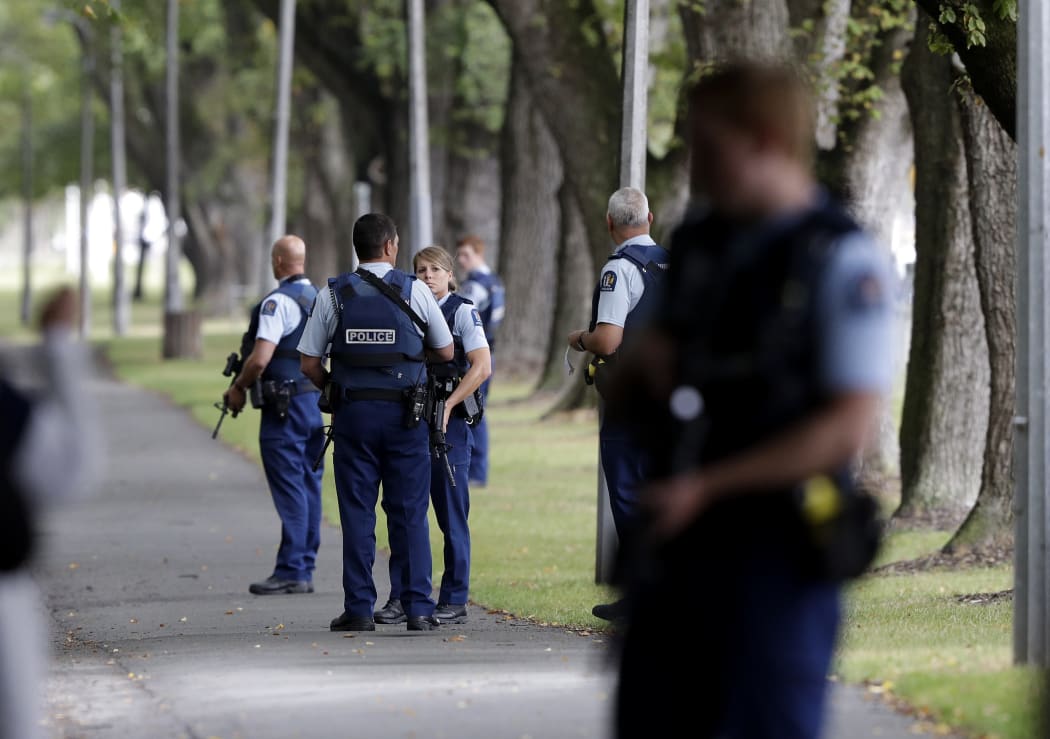
Photo: AP 2019
Police published the list of Designated Terrorist Entities exactly one week after the Christchurch terror attacks.
Should anyone on the list enter the country, they would be arrested under the Terrorism Suppression Act.
But security experts said it was a glaring omission to have no right-wing threats on the list, given the current global climate.
The list includes 1962 people and 455 groups, but none of them are right-wing extremists or white supremacists.
The list is almost exclusively populated by Al Qaeda and Islamic State-linked individuals and organisations.
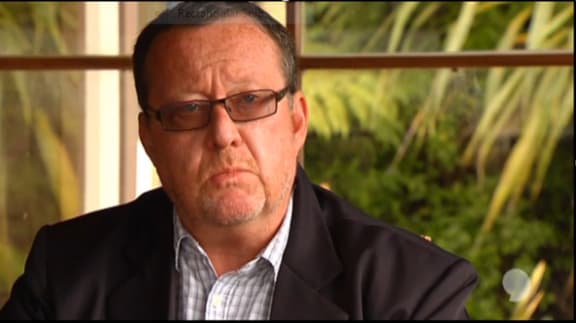
Paul Buchanan Photo: SUPPLIED
Security analyst Paul Buchanan said for too long intelligence agencies had been solely focused on Islamic extremists.
"The ball's been dropped when it comes to white extremists," Mr Buchanan said.
"Unfortunately with the obsession with Islamicists, it seems that Western intelligence agencies, to include those in New Zealand, simply discounted or were unaware of the degree to which white extremists have copied Al Queda and ISIS' playbook when it comes to recruitment and the planning of events."
Mr Buchanan was referencing the use of the internet, with several internet forums and communities dedicated to white extremists.
Professor Robert Patman from the University of Otago said white supremacy had been on the rise since the global financial crisis.
He said a large number of nationalist politicians seized on uncertainty and had enabled people with extreme views on immigration.
Professor Patman said one of those politicians was US president Donald Trump, and so there should be no surprise that white extremists aren't on the UN's terrorist list.
"Look who's powerful in the UN Security Council ... it's the United States," Professor Patman said.
"So, if the United States, which according to some Americans has been turning a blind eye to white extremism, particularly under the Trump administration, that's likely to be reflected in the organisation in which America contributes more than 20 percent of the funds for, namely the United Nations."
Professor Patman said the government needed to be more vocal in condemning white extremism.
"I think that countries like New Zealand, which has just been a victim of white extremism, needs to speak up a bit more firmly about where this is occurring globally.
He said the Christchurch terror attack was inspired by international ideas "and many of those ideas are being circulated by nationalist, populist politicians".
'Hatred, unfortunately, is eternal'
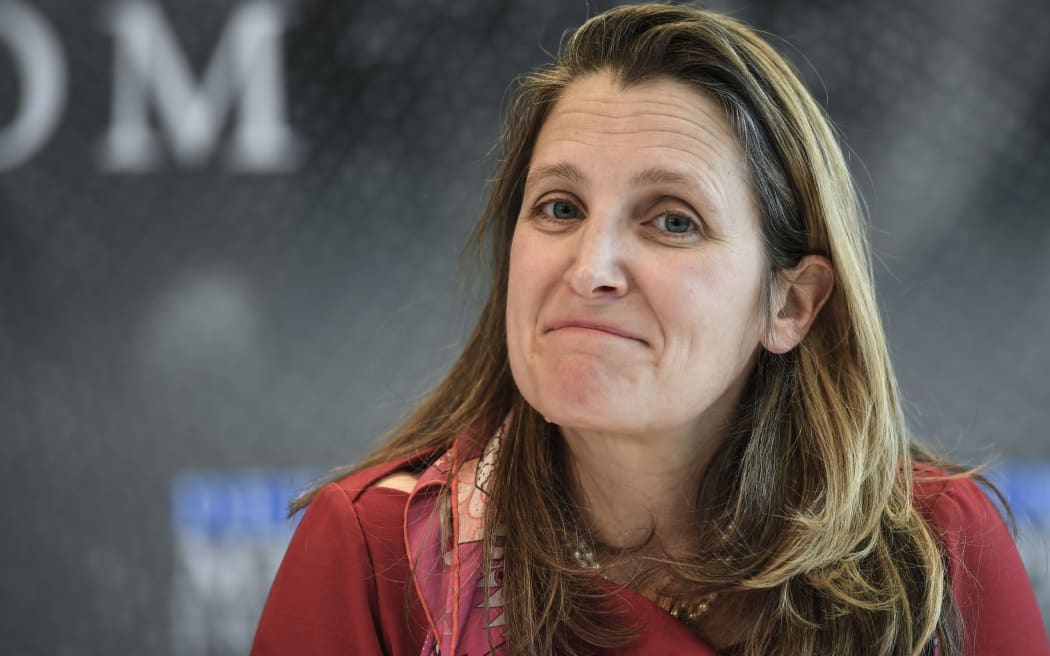
Canada's Foreign Minister Chrystia Freeland Photo: AFP
One nation to have condemned white extremism is Canada.
Speaking at a United Nations Security Council meeting last month, its Foreign Minister Chrystia Freeland said white extremism should be treated for what it is - terrorism.
"White supremacism and Islamaphobia are among the gravest terrorist threats that the world is facing today," Ms Freeland said.
"Neo-nazis, white supremacists, incels, nativists, and radical anti-globalists who resort to violent acts are a threat to the stability of my country, and countries around the world.
"These attacks need to be at the top of our agenda when we talk about confronting terrorism."
Ms Freeland went on to decry the role of the internet in terrorism.
"Hatred, unfortunately, is eternal. But the ways in which it spreads change.
"Today, hatred is increasingly spread through the internet, in online forums and on social media. We must be aware of this, and work to stop it.
"The internet and social media know no borders, and so we must work together to find ways to address online radicalisation."
Mr Buchanan said the definition of a terrorist entity could soon change, and websites that offer a platform for hate speech could be in the crosshairs.
But, he said it would take political will at the highest level.
"So, a UN definition of hate speech versus free speech, could be adopted by individual countries so they can address the concerns that they have in their own localities.
"Then we can begin to get a grip on these communities and force them underground."
Mr Buchanan and Professor Patman believed white extremist groups would be added to the UN's terrorist entities list in the near future.

